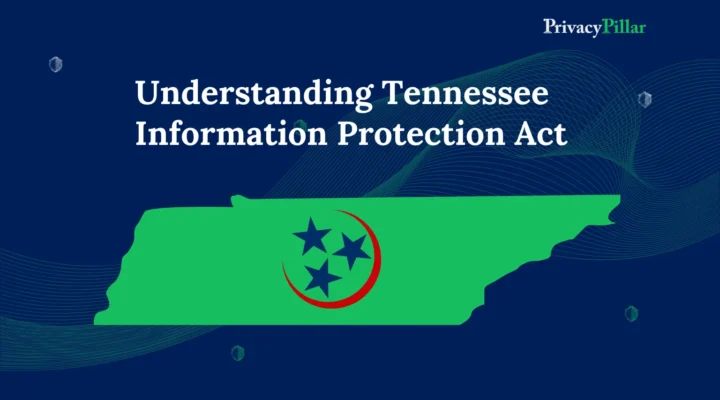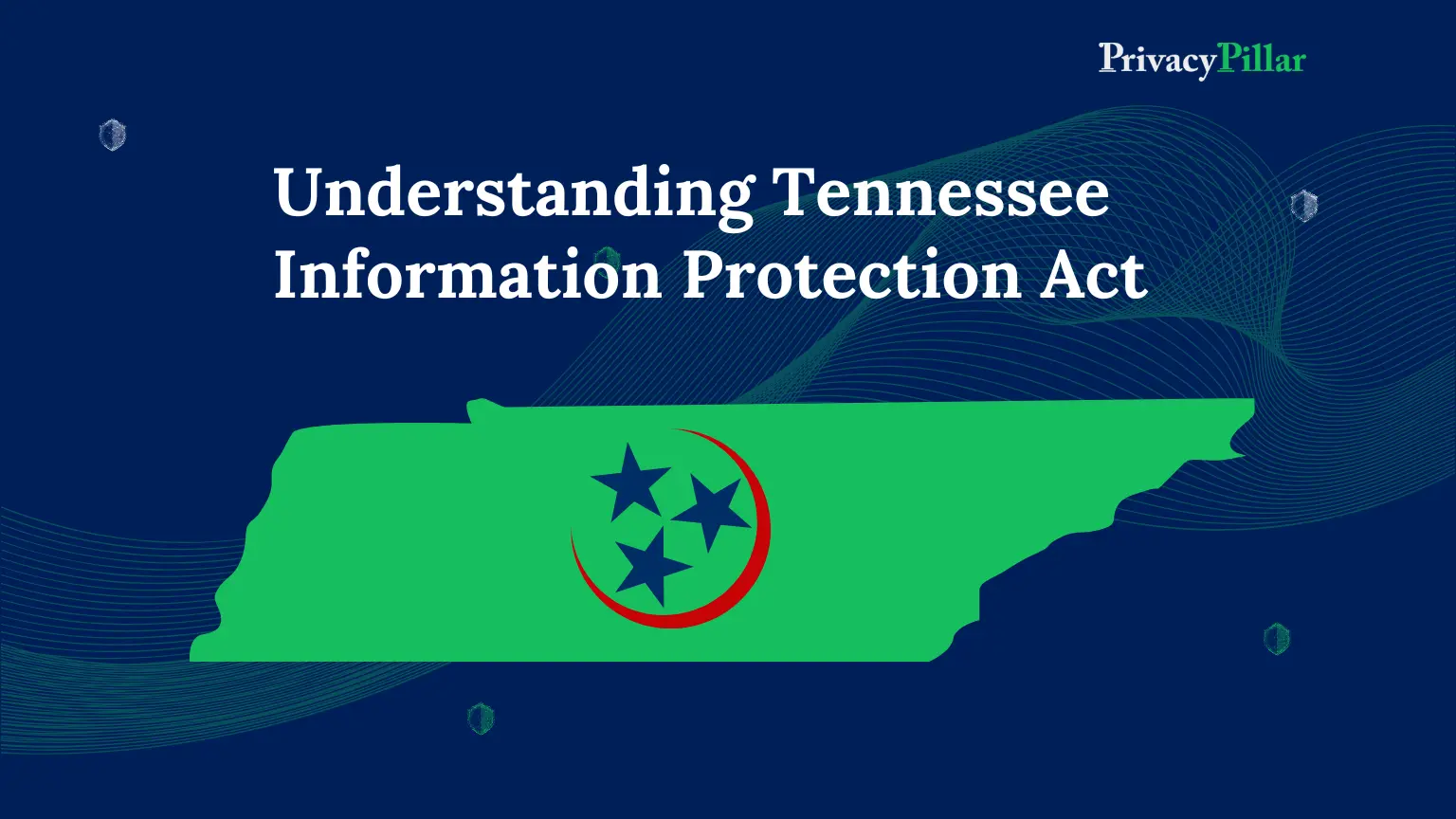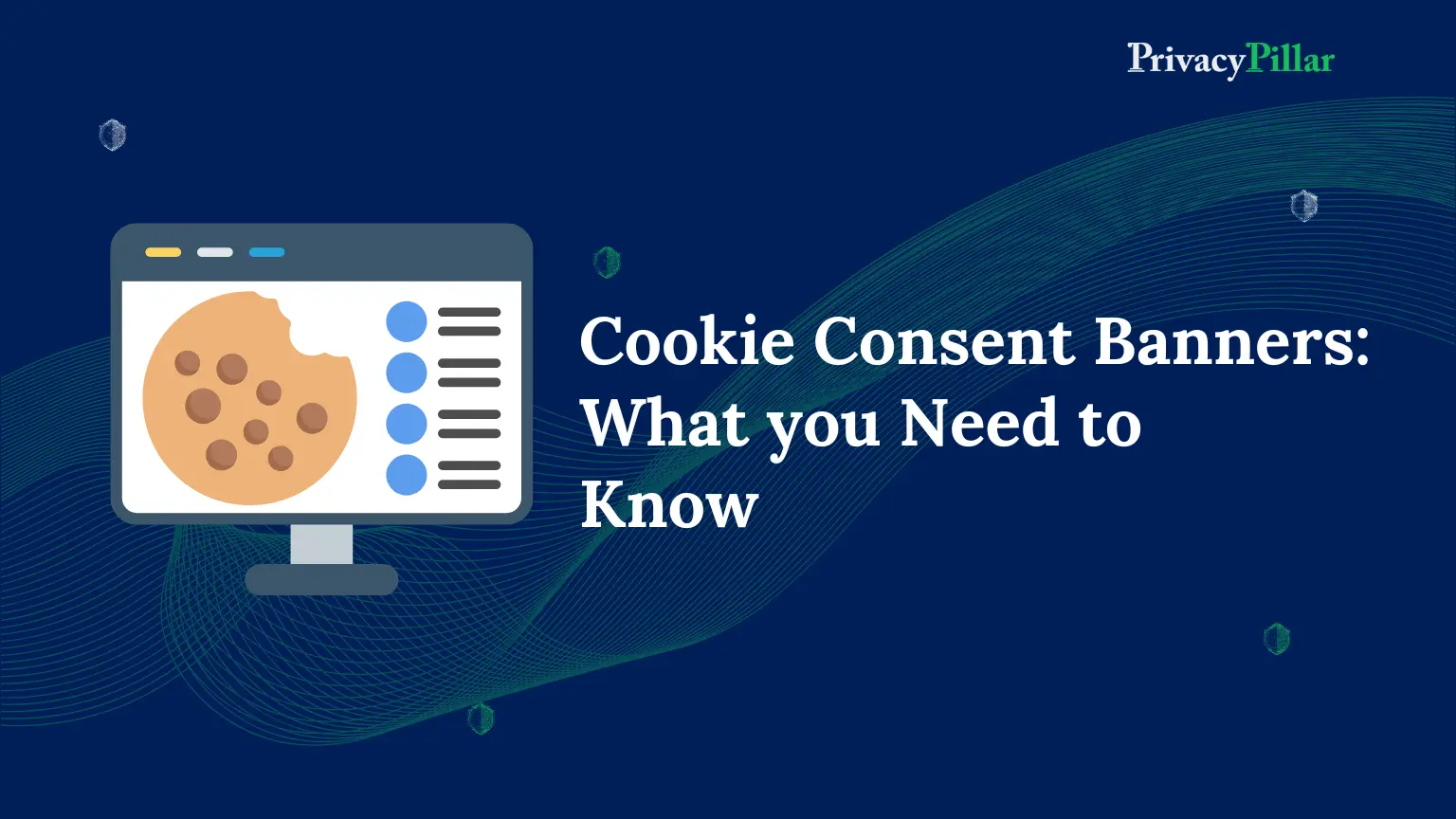
What is Data Compliance?
Now, more than ever, it is crucial for individuals operating within the realm of compliance to prioritize data protection.
Organizations must adhere to a growing array of rules and benchmarks relating to information security and privacy if they intend to engage in business with their potential customers.
Furthermore, these guidelines for upholding data security and adherence are undergoing updates more often than before.
Ensuring adherence to each distinct standard can prove to be demanding and time-consuming.
Nevertheless, there are strategies available for implementation that can aid in progressing toward fulfilling all the applicable standards and regulations.
Within this article, we delve into data compliance, data compliance standards, the importance of data compliance for organizations, ways to ensure data compliance, challenges, and key data compliance regulations or policies for you to know.
What is Data Compliance?
Data compliance, often referred to as data protection compliance, involves adhering to a range of regulations and standards aimed at upholding the accuracy and accessibility of governed data (such as personally identifiable information and medical data) and/or confidential data to make it compliant data.
The primary goal is to safeguard regulated or confidential data against unauthorized utilization.
An essential aspect of data compliance is monitoring the type and quantity of stored data and managing stored data across its entire lifespan.
Businesses allocate resources to ensure data compliance to protect their customers’ information and uphold adherence to industry rules and regulations.
These regulations protect customers’ right to privacy, data security, and accuracy.
Adhering to these regulations not only assists businesses in upholding their goodwill and cultivating trust with their customers but also protects them from the risks of fines and penalties.
Investment in data compliance also aids companies in curtailing their accountability linked to incidents like data breaches and other cyber-related occurrences.
Examples of data compliance:
1. Enforcing regulations for the storage and maintenance of data
2. Formulating controls for accessing data
3. Educating staff on matters of data confidentiality and safety
4. Instituting protocols for the sharing and transferring of data
5. Creating frameworks for data archiving and disposal
6. Employing encryption methods to protect data
7. Implementing security audits and reviews
What are Database Compliant Standards?
Data compliance standards encompass a set of guidelines and rules that organizations must follow to ensure the secure and responsible handling of data.
These standards are established by regulatory bodies, industry groups, or international organizations and are designed to protect various data types’ privacy, security, and integrity.
Importance of Data Security and Compliance for Businesses
Data volumes continue to grow exponentially, accompanied by remarkable advancements in technology.
Within this ever-evolving business landscape, the requisites for adherence to compliance have also increased.
Hence, it becomes crucial for businesses to integrate data and database security compliance seamlessly into their operational framework, ensuring consistent attention and maintenance.
Legal mandates compel businesses to devise robust security approaches and execute technological and managerial measures to protect customer data.
The regulations surrounding data compliance catalyze organizations to reevaluate and enhance their cybersecurity strategies comprehensively.
Below are the reasons why Data security and compliance are essential for businesses:
- Building Customer Loyalty
Following the increasing cases of data breaches, people are becoming more concerned about how their personal information is handled.
Data compliance, which means following the rules about how data is stored and used, helps organizations earn the trust of their customers.
When businesses don’t adequately protect customer data, and there’s a breach, it damages the company’s reputation and leads to losing customers.
- Attracting Great Employees
Companies prioritizing data compliance are also more attractive to good employees.
When an organization takes data security seriously and respects customer privacy, employees feel more confident that their information will be treated well too.
- Avoiding Bad Consequences
If companies don’t follow the rules for data compliance, they could end up with data breaches, where sensitive information gets leaked, and they might have to pay fines.
- Making Data Management Better
There’s a rule called GDPR that says companies need to check the data they have and how they handle it.
This helps them understand what information they have, how they got it, and how to organize and store it properly.
This process also helps get rid of useless data. By doing this, companies save money on storing and using data.
It’s also essential for companies to use sound technology to manage data.
Companies can explore different ways to manage data, like using special software to put data together, tools that help process a lot of data quickly, and services that support different types of software work together well.
In simple terms, following data compliance rules is necessary for any business that relies on data or is data driven.
How to ensure Data Compliance in your Organization
- Ensure Your Data Protection measures are the latest
Data protection lies at the core of these rules.
While establishing a strong security compliance process, it’s crucial also to implement the latest data compliance strategies.
These strategies are vital in minimizing the likelihood of a data breach affecting your business.
If your company relies on outdated methods for managing and protecting data, you’ll face challenges in keeping pace with the security and compliance standards designed for today’s technological landscape.
Frequently, conventional data storage solutions cannot:
- Maintain accurate records
- Retrieve information swiftly
- Delete data after its required retention period
- Additionally, these older solutions are less dependable, amplifying the risk to your data and business.
- Maintain Comprehensive Documentation of Data Protection Measures and Audit Procedures
It’s crucial to maintain thorough records of all your data protection measures and audit processes for three key reasons:
- Ensuring Continuity:
These records prevent the risk of essential knowledge about your company’s compliance efforts being lost when a single employee leaves.
Without these records, your organization could be left in the dark, raising the likelihood of audits revealing significant gaps in your data security and compliance initiatives.
- Demonstrating Good-Faith Efforts:
These records also indicate your company’s sincere attempts to adhere to various regulations.
Many regulations include provisions that allow regulators to be more lenient toward companies with well-established compliance programs or those actively working to establish one.
- Facilitating Audits:
To successfully pass an audit, you must provide the auditor proof that you’re dedicated to upholding data security standards.
Detailed records are essential for auditors to assess whether the controls you have in place are sufficient to protect the data you handle.
- Designate a Key Figure for Data Security and Compliance Regulations
Given the earlier points, you might question: who is accountable for data compliance?
Like any other task, managing data security and compliance requires one person to handle all the different aspects.
This person should have a direct line to top executives and the trust and authority to guide everyone in the company to follow data security and compliance rules.
This role is essential for any company that has to follow data security and compliance rules, and it’s a must for specific organizations under GDPR rules.
A Data Protection Officer is an enterprise security leader required for companies that deal with specific amounts of data.
- Consistency is the key.
Following GDPR isn’t the final goal; it’s a way to distinguish your organization from competitors and guide it toward compliance and security.
Data compliance is crucial to fostering a healthy data culture that every organization should embrace.
Regularly assess and enhance your policies and practices to strengthen and ensure data security and privacy.
It would be best to modify your policies, processes, and other controls that protect and safeguard your information assets whenever there are changes in regulations within your organization, shifts in the technology you utilize, changes in your workforce, or modifications in your customer base.
Presently, the regulations governing data protection are in a state of flux.
Hence, it’s prudent to anticipate modifications to the frameworks and benchmarks that oversee IT compliance.
Data Compliance Challenges
Keeping Pace with Evolving Threats
In addition to legal changes, malicious individuals and hackers are swiftly adapting, identifying weaknesses, and devising new scams and loopholes.
Organizations need to stay one step ahead of the unpredictable.
Some significant challenges include the vulnerabilities associated with the Internet of Things (IoT), implementing bring-your-own (BYO) device policies, and enabling remote employee access to data.
Navigating the Landscape of IoT and Devices
The impact of IoT on business operations is of enormous magnitude.
However, as businesses enjoy the advantages of IoT, it’s crucial to acknowledge the potential data security risks posed by these numerous devices.
These risks stem from IoT devices used externally, such as medical devices worn by patients in healthcare settings, and from devices utilized within the organization.
Another significant risk emerges from BYO device policies.
Allowing employees to use their devices for work-related tasks increases the probability of an intentional or accidental breach.
The Challenge of Handling Vast Data Quantities
The vast quantity of data collected by organizations complicates the aspect of data security. As businesses integrate more devices and processes, the associated risks also expand.
How to Mitigate Data Compliance Challenges?
Here are a few suggestions to mitigate these challenges, though there are many more:
1. Employ master data management (MDM) software for all mobile devices.
2. Conduct thorough data security audits.
3. Implement strict data access rules and protocols, ensuring clear data ownership and providing regular training on data compliance.
4. Using caching systems to assess third-party components and software automatically.
Key Data Protection Regulations and Standards
Every piece of information holds a different importance, and not all regulations and frameworks require equal levels of data protection.
Some of the important compliance standards and regulations affecting businesses include:
- HIPPA
HIPAA, officially referred to as the Health Insurance Portability and Accountability Act of 1996, establishes the rules for safeguarding how companies and medical service providers should manage patients’ private health details (referred to as PHI).
This is to make sure that this information remains confidential and secure.
According to HIPAA, all entities categorized as “covered entities” must follow its guidelines. Covered entities encompass medical service providers, health insurance plans, and business partners with access to PHI. These partners might include:
– Companies that transmit data
– Professionals who transcribe medical records
– Software companies
– Insurance firms
In essence, any organization involved in the healthcare industry is obligated to adhere to the data security and compliance regulations set by HIPAA.
- Gramm-Leach-Bliley (GLB) Act
Like how HIPAA places added responsibilities on healthcare organizations to protect the sensitive health data of patients, the GLB Act requires financial institutions to take measures to secure their data systems due to the sensitive nature of their customers’ information.
However, instead of healthcare data, this federal data protection law applies to financial entities and services in the U.S.
This includes banks, lenders, brokerage firms, debt collectors, and investment advisors.
Private financial data is a prime target for hackers because it can be exploited for activities like creating fake credit cards, obtaining loans fraudulently, and committing various forms of identity theft.
A significant 86% of data breaches are driven by the goal of financial gain, making it the most common reason for cyber attackers seeking access to private data.
Failure to adhere to the GLB Act can result in fines, and purposeful breaches of the law can result in criminal penalties.
- GDPR
The General Data Protection Regulation, abbreviated as GDPR, was established by the European Union (EU) to protect the data of its citizens and ensure their right to be informed about the information providers collect.
Additionally, it outlines strict guidelines for reporting data breaches and the secure storage and protection of data.
Every business with customers within the European Union falls under the scope of GDPR, and it is recognized as one of the strictest regulations concerning penalties.
The regulation employs a hierarchical approach based on the severity of the violation, with the highest possible fine amounting to 4% of the company’s annual global revenue or €20 million—whichever is greater.
- PCI-DSS
The Payment Card Industry Security Standards Council, an autonomous regulatory organization, formulates the Payment Card Industry Data Security Standards (PCI-DSS).
Unlike some regulations, it isn’t mandated by a governmental body but consists of a series of contractual commitments overseen by the PCI SSC.
Any business that engages in a cardholder’s data is obligated to follow PCI-DSS guidelines.
This ensures they have measures to manage and protect such data appropriately.
Even if a third-party entity handles credit card transactions on your behalf, you must adhere to PCI-DSS compliance standards.
- HITRUST
HITRUST is a well-known organization that creates rules and gives certifications to protect data.
They made a system called HITRUST CSF to manage risks and follow the rules about information security.
Even though it’s not a legal rule, the HITRUST CSF is valuable for managing risks and following rules.
It is unique because it combines many important sources about security and privacy, making it suitable for organizations to think about.
In June 2020, HITRUST added some new things:
- The CMMC framework is a new set of rules for cybersecurity that all Defense contractors need to follow.
- Two sets of rules for specific groups.
- Changes to existing regulations.
By doing this, HITRUST shows that they want to keep their system updated and relevant to the changing world of rules and risk management.
Conclusion
Dealing with data compliance isn’t a single event but an ongoing and complex issue for businesses.
Neglecting this responsibility can lead to significant consequences.
Organizations disregarding data compliance might encounter effects from other companies, criminals, regulatory authorities, employees, and customers.
This is a significant hurdle in today’s business landscape, but a comprehensive approach to managing data compliance can help ensure that an organization operates securely and ethically.



